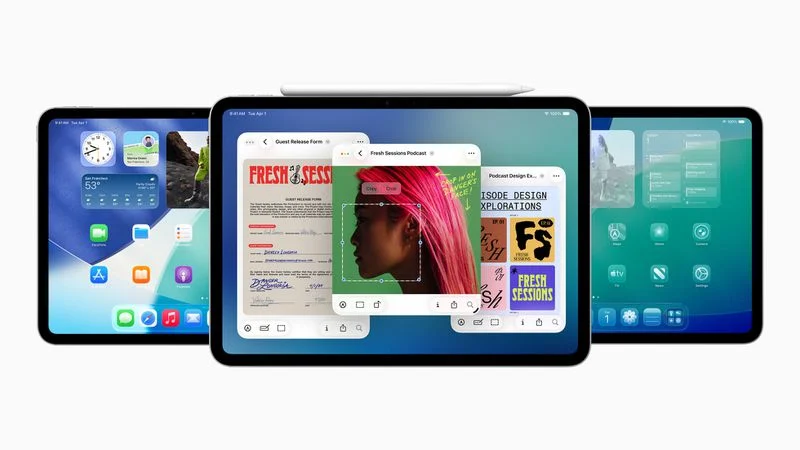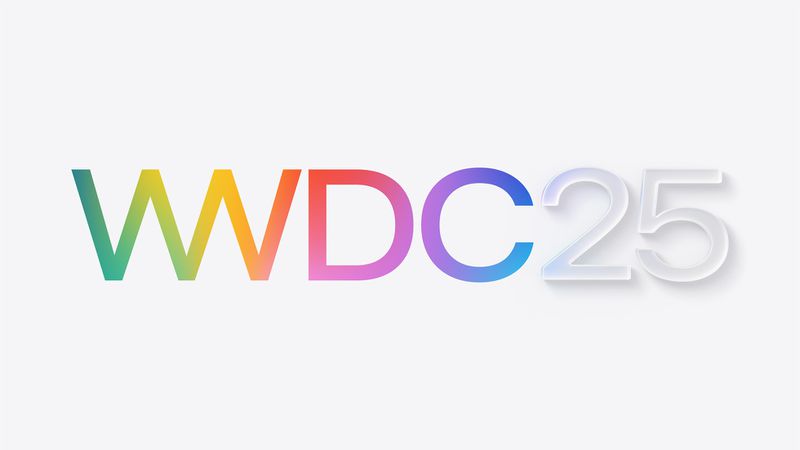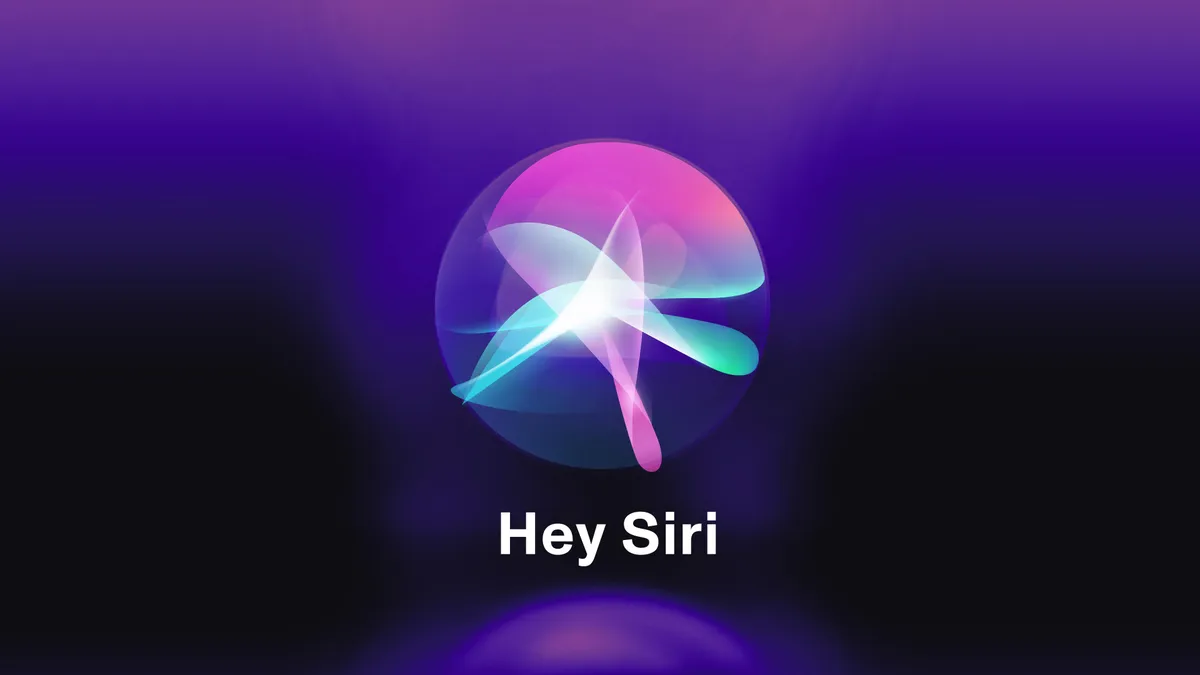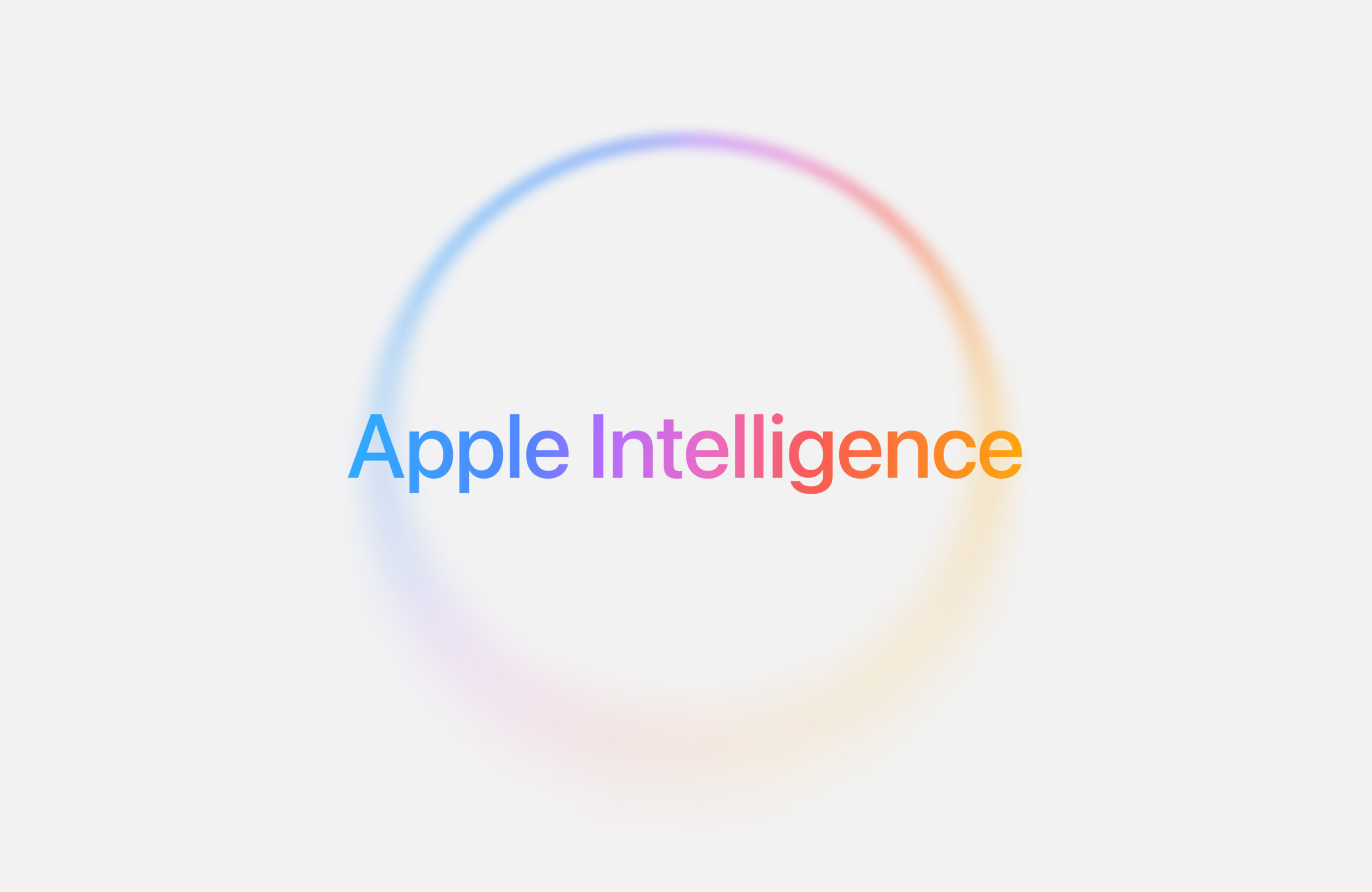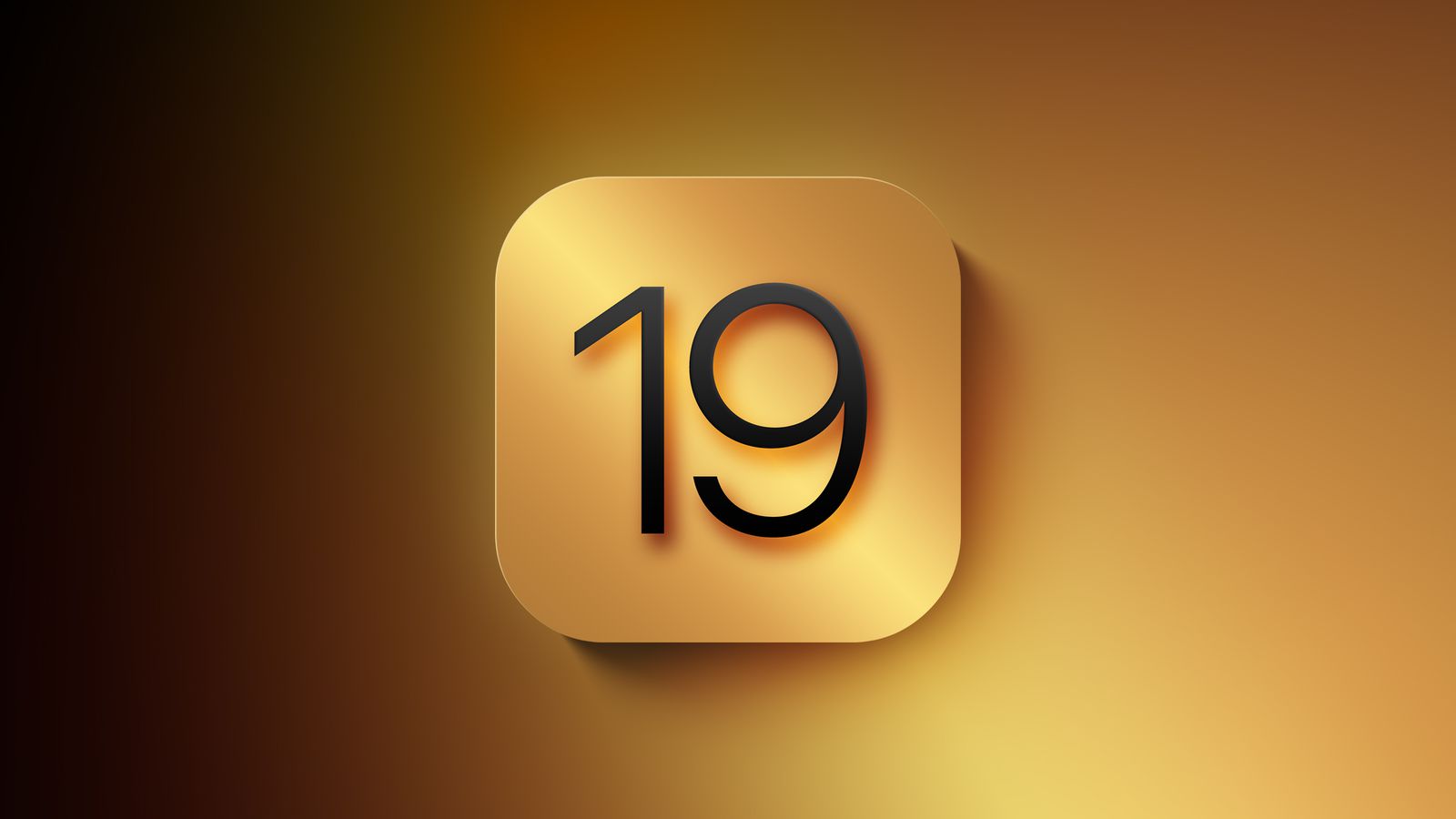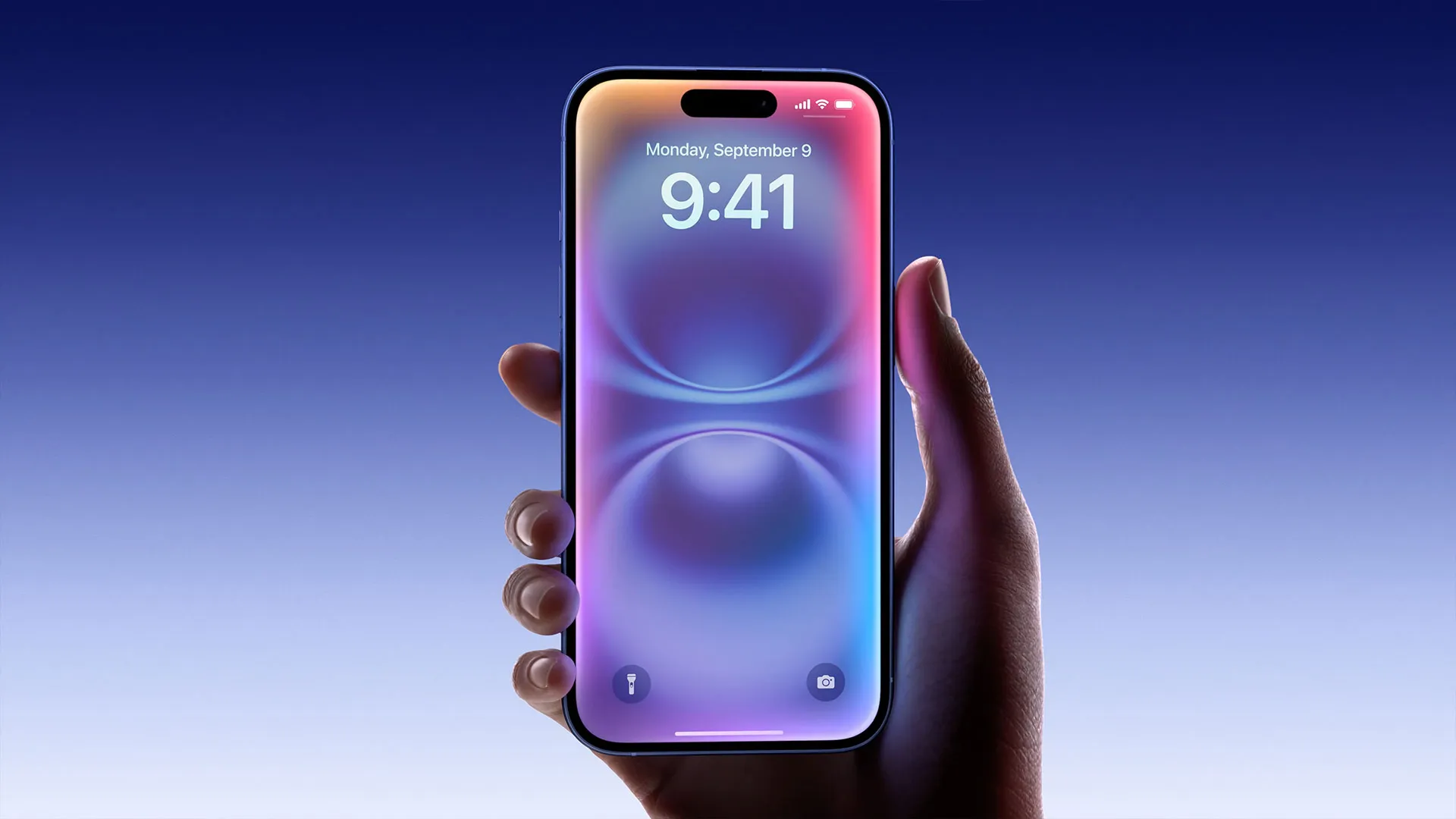Apple’s upcoming iPadOS 26 update will bring four new apps to all supported iPads: Phone, Preview, Journal, and Games. The Phone app lets you make and receive calls directly on your iPad, a feature many users have long wanted.
Preview makes it easy to view and edit images or PDFs, similar to its Mac counterpart, making it perfect for quick tasks like cropping photos. The Journal app offers a simple way to write down thoughts and memories, while the Games app pulls together App Store and Apple Arcade titles with features like leaderboards and achievements.
These additions make iPads more versatile, though some users feel the simplified iPad mode could use more multitasking options like split view. On the other hand, if you own a Hermès Apple Watch, be cautious with watchOS 26 beta 2.
Apple warns that this update causes Hermès watches to overheat, crash repeatedly, and fail to charge, likely due to issues with the Hermès watch face. The problem also affects iOS 26 beta 2, where the Apple Watch app on iPhones won’t open if paired with a Hermès model.
Unpairing the watch fixes the app issue, but re-pairing doesn’t work. Apple advises avoiding these betas until the next update, expected soon, resolves the crashes. Both updates are part of Apple’s 2025 software overhaul, with iPadOS 26 set to launch in September. Stay tuned for more details as public betas roll out in July.
